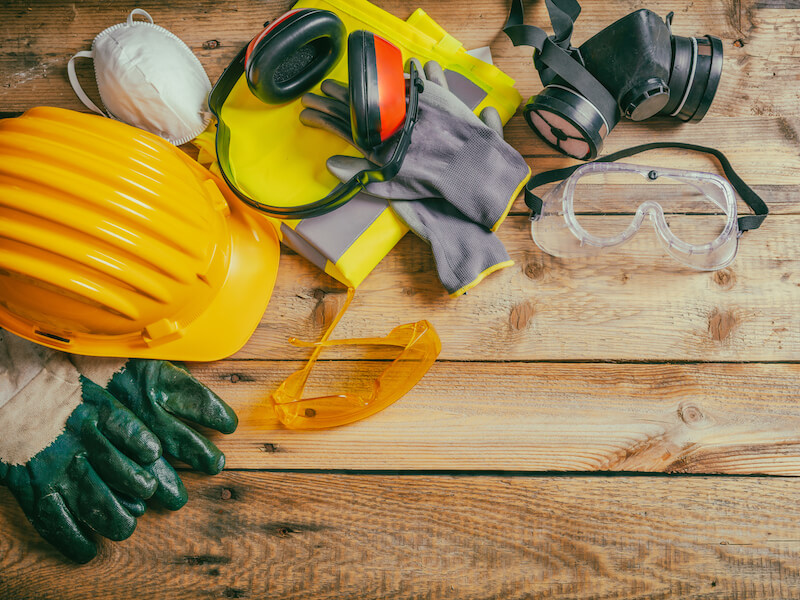
Approximately two million workplace injuries are documented each year. When you think of on-the-job injuries, you might think of flying projectiles or a hand pulled into a piece of machinery at a factory.
But the most common workplace injury is a lot more pernicious and commonly goes unreported. Over several years, it will sneak up gradually on people. The injury goes unnoticed until the effects become impossible to disregard. Excuses are a typical reaction. “It’s only temporary” or “I’m just getting older. This response is common.
Many people don’t even recognize it was caused by their workplace environment.
Hearing damage is this insidious injury. There are some essential steps you should take if you notice any of the numerous warning signs.
How Loud is Too Loud?
Your hearing can be irreversibly damaged with prolonged exposure to as little as 85 decibels (dB) over a long period. For reference, a vacuum cleaner runs at about 75 decibels dB. A lawnmower produces 85 dB. A leaf blower or chainsaw creates more than 100 dB. A gunshot is around 140 dB.
How loud is your workplace? Are you being exposed to the most common workplace injury? Over time, your hearing is likely to be damaged if you’re regularly exposed to sound as loud as a lawnmower, even if it’s not constant.
Hearing Damage Signs
You’re absolutely damaging your hearing if you work in a loud environment without hearing protection.
The following are early warning signs that you’re experiencing hearing loss:
- You confuse consonants – “Todd” sounds like “Dodd,” for example.
- You hear ringing, hissing, or whistling when it should be quiet.
- You frequently ask people to repeat themselves.
- Conversations sound muffled.
- When you talk with people you constantly think they are mumbling
- Loud noises cause pain in your ears.
- You tend to withdraw when others are talking.
- You can’t understand the person speaking if there’s background sound.
- People are always complaining about the loud volume of your media devices.
How is Hearing Damage Being Tackled by Employers?
In settings that are really loud, technology is being used by organizations and businesses, to reduce workplace noise. Government agencies are working to modify guidelines that will decrease workplace noise and protect employees.
Employees are coming forward as they become aware of the long-term damage that workplace noise is causing. With time, their voices will lead to further change.
Preventing Further Damage
If you work in a noisy setting, the best thing you can do is safeguard your ears before any damage is done. Wearing protective headphones or earplugs while at work will help minimize potential damage.
Make an appointment for a hearing test right away if you think a noisy workplace has caused injury to your hearing. When you determine the degree of your hearing loss, you will find out how to prevent further damage going forward. We can help you formulate strategies to avoid further hearing loss and manage the damage you’ve already experienced.